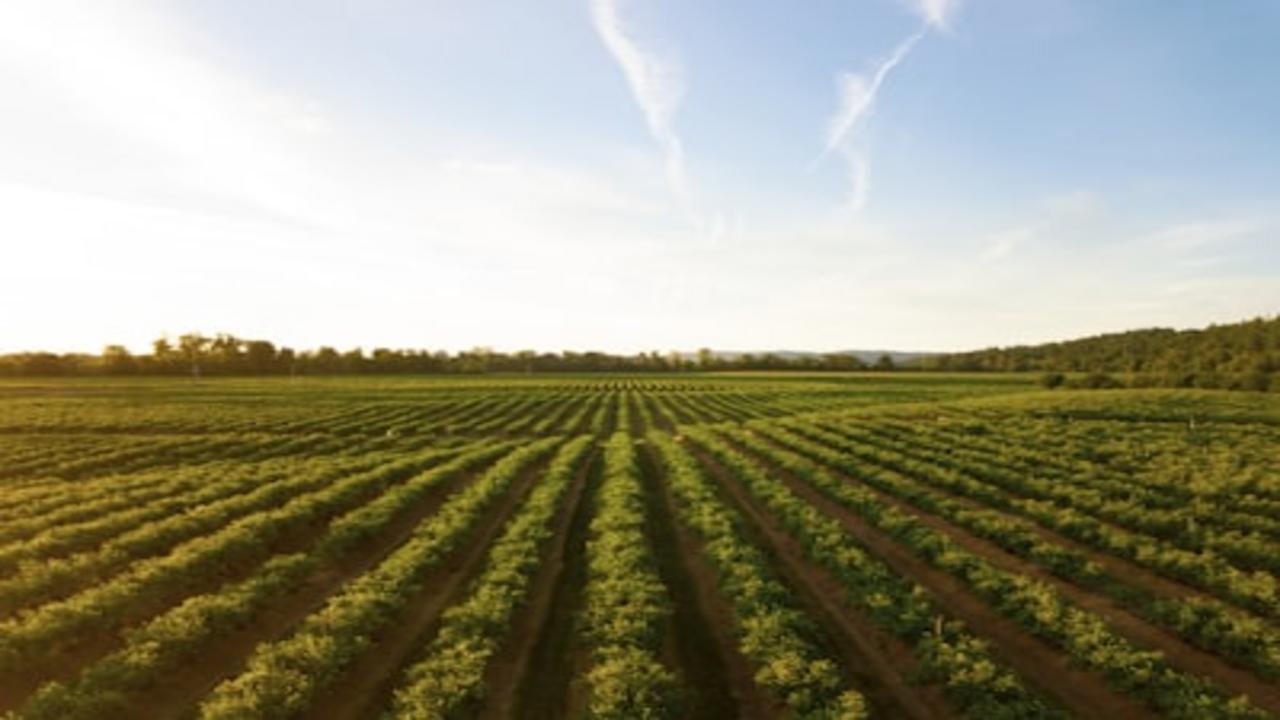
Zimbabwe: Maggots, Unsuspected Allies of Agriculture in the Face of Drought
In a Zimbabwe where the vagaries of the climate have become the daily lot of farmers, an unexpected answer is emerging from the arid lands: maggot farming. Yes, you read that right, these often neglected little worms are proving to be valuable allies against the devastating effects of drought. It's a trick that could make innovation rhyme with tradition, and which, at the same time, turns a few heads in a society where agriculture is still the cornerstone of the economy.
Maggots, unexpected heroes of the fields
In rural Zimbabwe, farmers are waking up to the fact that maggots are not just unwanted decomposers; they have incredible potential for soil fertility. The tiny larvae can turn organic waste into high-quality compost, a vital part of feeding nutrient-starved land. Farmers who dare to take the plunge are discovering that these little creatures help enrich the soil, improving agricultural production in a context where every harvest is precious.
A sustainable solution to climate hazards
In the face of increasing drought, traditional farming methods are becoming less effective. Reliance on rain is becoming a dangerous gamble. Thus, the maggot research phase is part of a resilience strategy. By incorporating practices such as maggot farming, farmers can not only improve their soil, but also reduce their reliance on chemical fertilizers. This shift could redefine agriculture in Zimbabwe, allowing entire generations to remain on their land without having to leave their homes in search of more clement environments.
An unexpected market is emerging
Growing maggots is not just good for the fields; it opens doors to a market few would have thought possible. With interest in sustainable products soaring, a market for maggots could be on the horizon. Whether for animal feed or even for human consumption – yes, you read that right! – the possibilities are vast. Imagine for a moment, a dish made with maggots conquering the palates of Zimbabwean youth, tired of traditional foods and in search of culinary innovation.
Ultimately, this trend of maggot farming could well be the start of an agricultural revolution in Zimbabwe. The challenges are many, from supplying farmers with larvae to integrating the practice into existing farming systems. But with a little imagination and a lot of determination, maggots could well become the heroes of a reinvigorated Zimbabwean agriculture, ready to brave the dry spells and turn the dust of the past into promise. Maggots are here to stay, and the future could be written with a little mud and worms!



Leave a comment
This site is protected by hCaptcha and the hCaptcha Privacy Policy and Terms of Service apply.